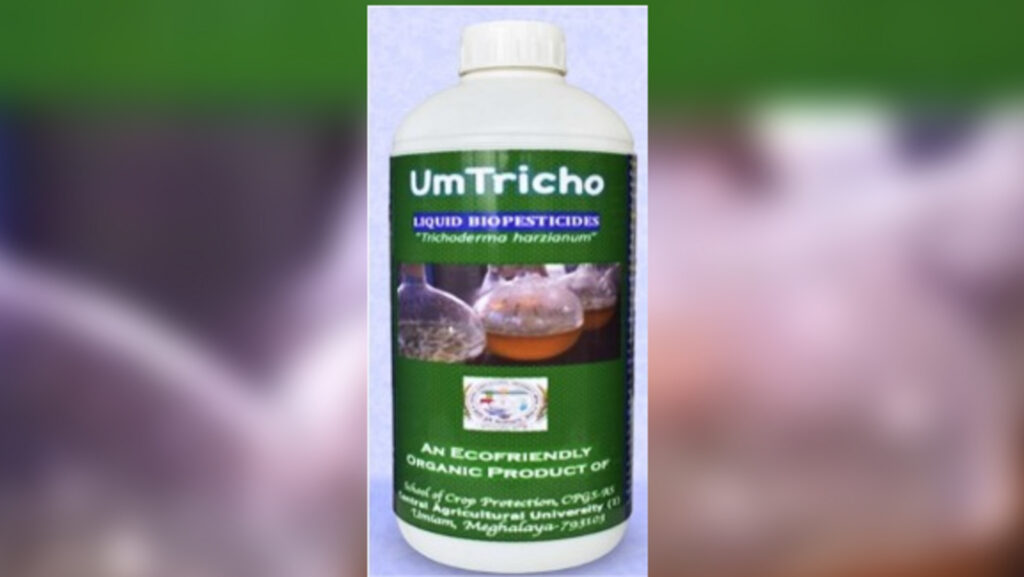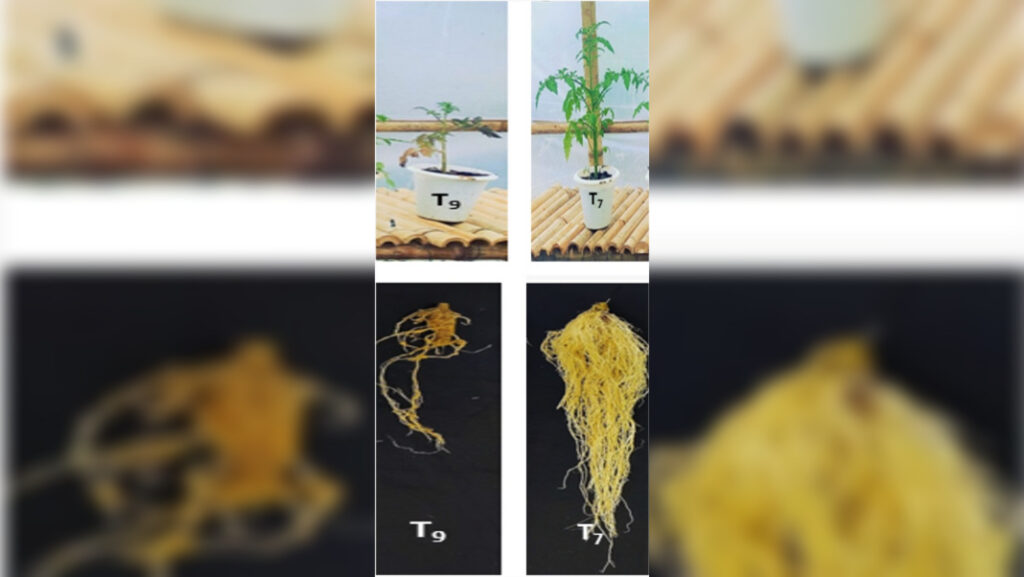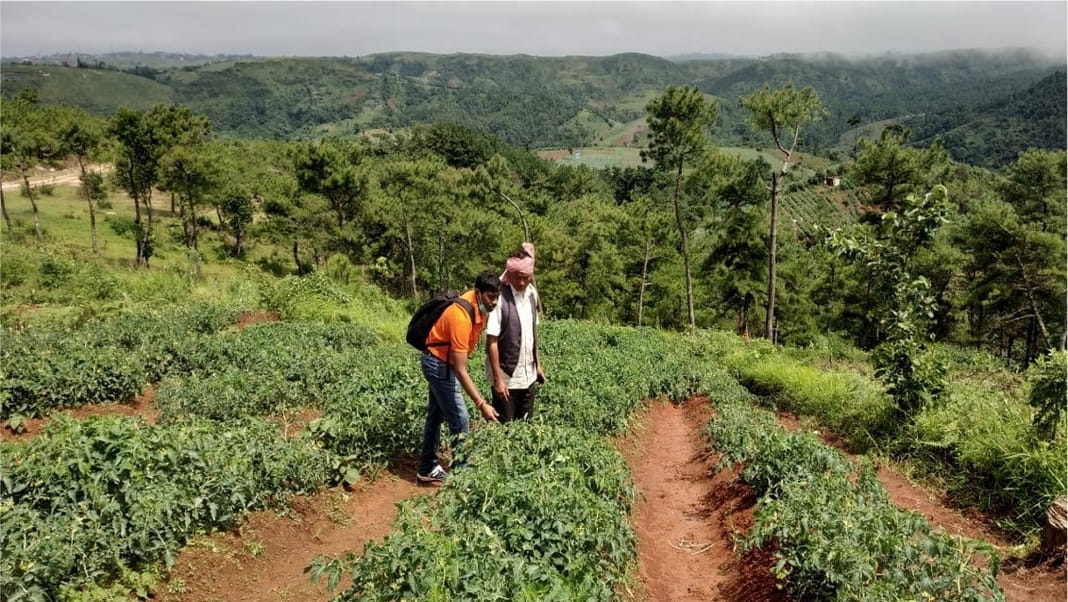Shillong, Jan 5: Tomato farming in Meghalaya, a region celebrated for its lush landscapes and traditional agricultural practices, has long been threatened by the destructive root-knot nematodes (Meloidogyne spp.). A newly published study in Scientific Reports reveals eco-friendly and sustainable solutions that promise to revolutionize tomato cultivation in the region, offering farmers renewed hope.
A Crisis in Tomato Cultivation
Tomatoes, a vital commercial crop for Meghalaya, face up to a 30% reduction in yields due to root-knot nematodes, which attack the root system. Umsning block in Nongpoh is a key cultivation area, with off-season farming in high-altitude regions like the East Khasi Hills district providing lucrative returns. However, monocropping with host crops like cabbage and cauliflower has exacerbated nematode infestations. Nationally, these pests cause annual losses of INR 102 billion (USD 1.58 billion), highlighting the urgency for innovative solutions.

Environmentally Sustainable Alternatives
Shifting (jhum) cultivation, still common in Meghalaya, makes soil health vital for agricultural sustainability. While chemical nematicides can mitigate nematode infestations, they often harm soil quality and the environment. Researchers from College of Post Graduate Studies in Agricultural Sciences, CAU, Meghalaya and the Indian Agricultural Research Institute (IARI), New Delhi, conducted greenhouse trials at Umiam, Meghalaya, to explore sustainable alternatives.
Promising Results from Botanicals and Biocontrol Agents
The study tested botanicals like neem and lemongrass oils alongside biocontrol agents such as Trichoderma harzianum, Pochonia chlamydosporia, and Purpuricillium lilacinum, yielding remarkable outcomes:

Lemongrass oil (0.2%) achieved a 99.44% nematode juvenile mortality rate within 48 hours and reduced root penetration by 95.58%.
Biocontrol agents like Pochonia chlamydosporia and Purpuricillium lilacinum reduced egg hatching rates below 12%, while Trichoderma harzianum boosted plant growth and resistance.
Treated tomato plants exhibited a 30% increase in shoot lengths compared to untreated ones.

The integrated use of neem oil, lemongrass oil, and biocontrol agents resulted in near-zero nematode reproduction, surpassing chemical nematicides like Bayer Velum Prime® while preserving soil health.

A Replicable Model for Sustainable Farming
This integrated approach offers a scalable solution for regions battling similar agricultural challenges. By leveraging local resources like neem and lemongrass oils and fostering microbial biodiversity, it aligns with global sustainability goals while protecting farmer incomes.
For Meghalaya’s tomato farmers, these findings mark a pivotal shift towards resilient and eco-friendly agricultural practices, blending innovation with traditional wisdom to secure long-term prosperity.

Also Read: Police constable dies in accidental shooting with service AK-74 rifle
Also Watch
Find latest news from every corner of Northeast India at hubnetwork.in, your online source for breaking news, video coverage.
Also, Follow us on-
Twitter-twitter.com/nemediahub
Youtube channel- www.youtube.com/@NortheastMediaHub2020
Instagram- www.instagram.com/ne_media_hub
Download our app from playstore – Northeast Media Hub





